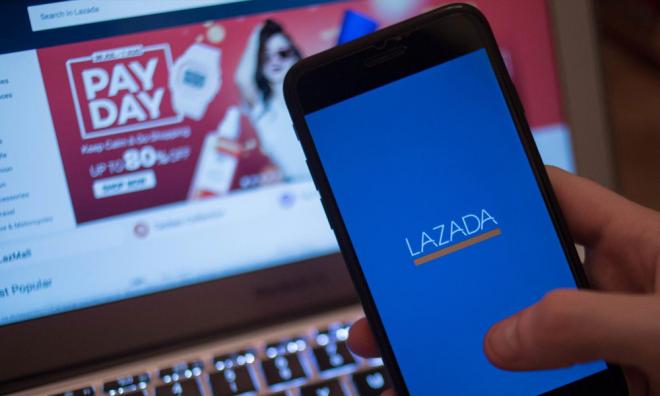
The government’s proposal to introduce a 20 sen charge on online transactions has drawn criticism from politicians on both sides of the divide.
This comes after Deputy Communications and Multimedia Minister Zahidi Zainul Abidin said the government is planning to impose the charge to raise a special fund to assist B40 income earners, including to improve communication infrastructure in rural areas.
This entails levying a 20 sen charge for online purchases between RM200 and RM1,000 on online platforms including Lazada and Shopee.
“We are discussing the plan to be tabled to the government so as to find alternative resources which will not burden the people, and we also want to give the best services to them.
“So, the additional charge will be like the service charge, and if the purchase exceeds RM1,000, the additional charge will be 40 sen,” Bernama quoted him as saying today.
However, Umno secretary-general Annuar Musa stressed that the government has yet to decide on the matter, and he will oppose the proposal if it is tabled in the cabinet.
“Service charge for online transactions? No matter how much, the government has made no such decision.
“If this is brought to the cabinet, I will surely oppose it,” the Federal Territories minister said on Twitter today, but without naming Zahidi.
Umno Youth chief Asyraf Wajdi Dusuki said the tax is inappropriate at a time when people are still suffering the impact of the Covid-19 pandemic.
“The government should focus on promoting online transactions by giving incentives and not imposing charges. The Umno Youth objects!” he said.
Pakatan Harapan secretary-general Saifuddin Nasution chided the government for supposedly reversing the previous administration's efforts to improve internet speed while lowering costs.
“When Gobind Singh Deo was the communications and multimedia minister, the Harapan government slashed internet fees in half while doubling its speed.
“Perikatan Nasional, meanwhile, wants to impose a new tax on the people while the country is facing a pandemic. Congratulations,” Saifuddin said on Twitter.
For the record, the Harapan federal government had also introduced a six percent digital services tax on online service providers based abroad.
The tax came into effect on Jan 1 and covers many popular services such as Steam, Netflix, Spotify, Microsoft Office, and Adobe Creative Cloud, in addition to online advertising.
The finance minister at the time, Lim Guan Eng, said the digital services tax would give an even playing field between domestic and foreign service providers. The latter had not been subject to a service tax. - Mkini



No comments:
Post a Comment
Note: Only a member of this blog may post a comment.